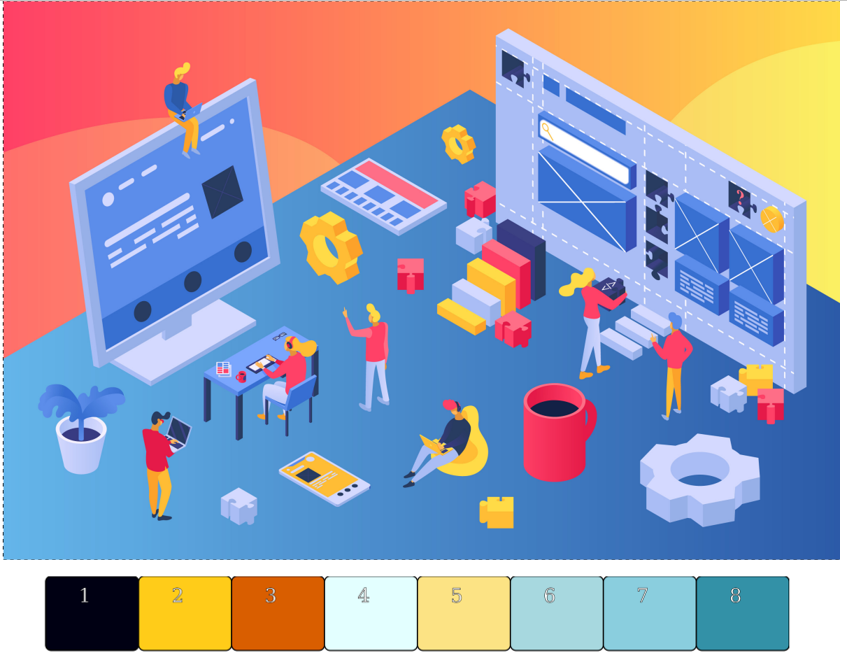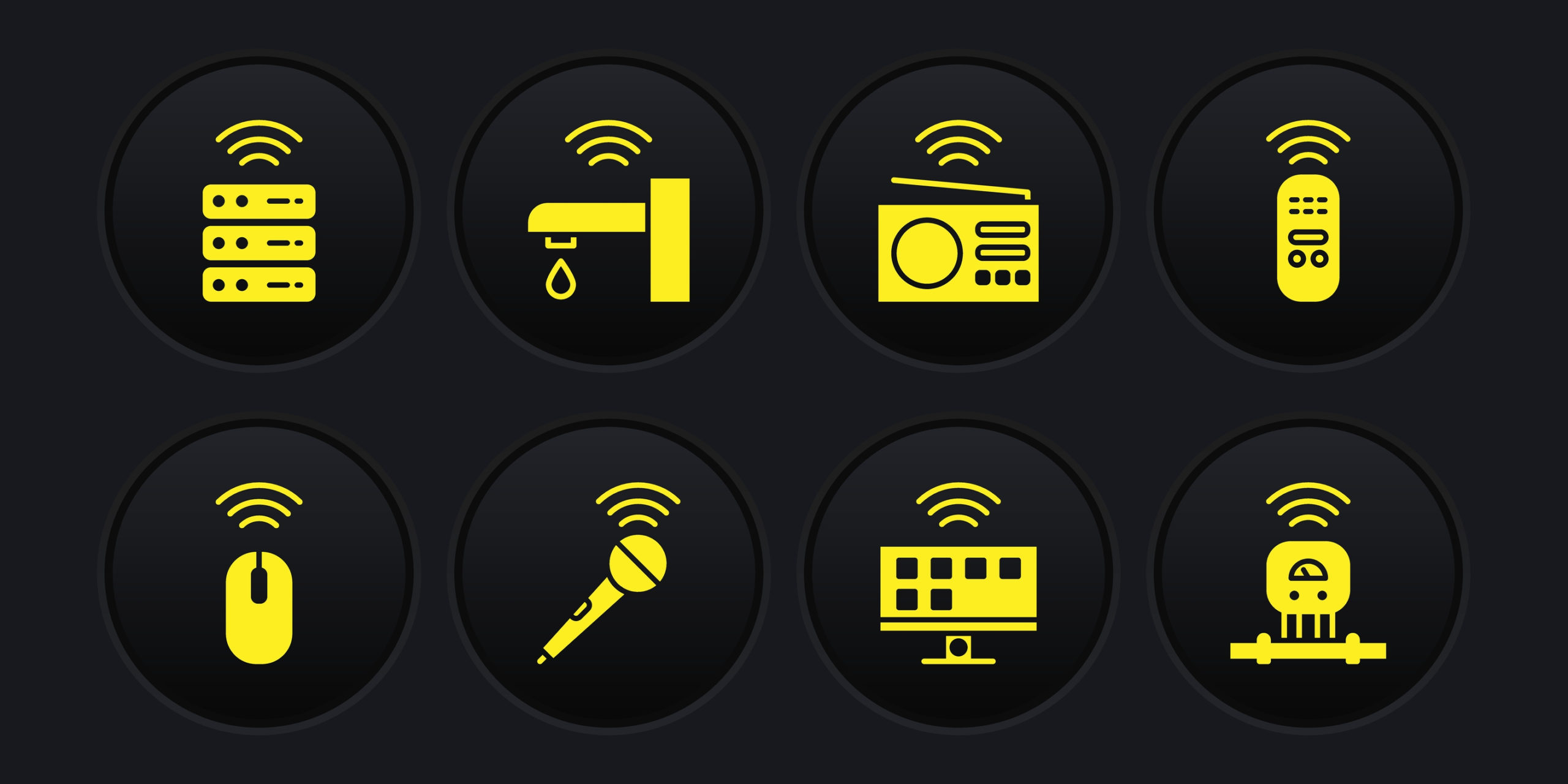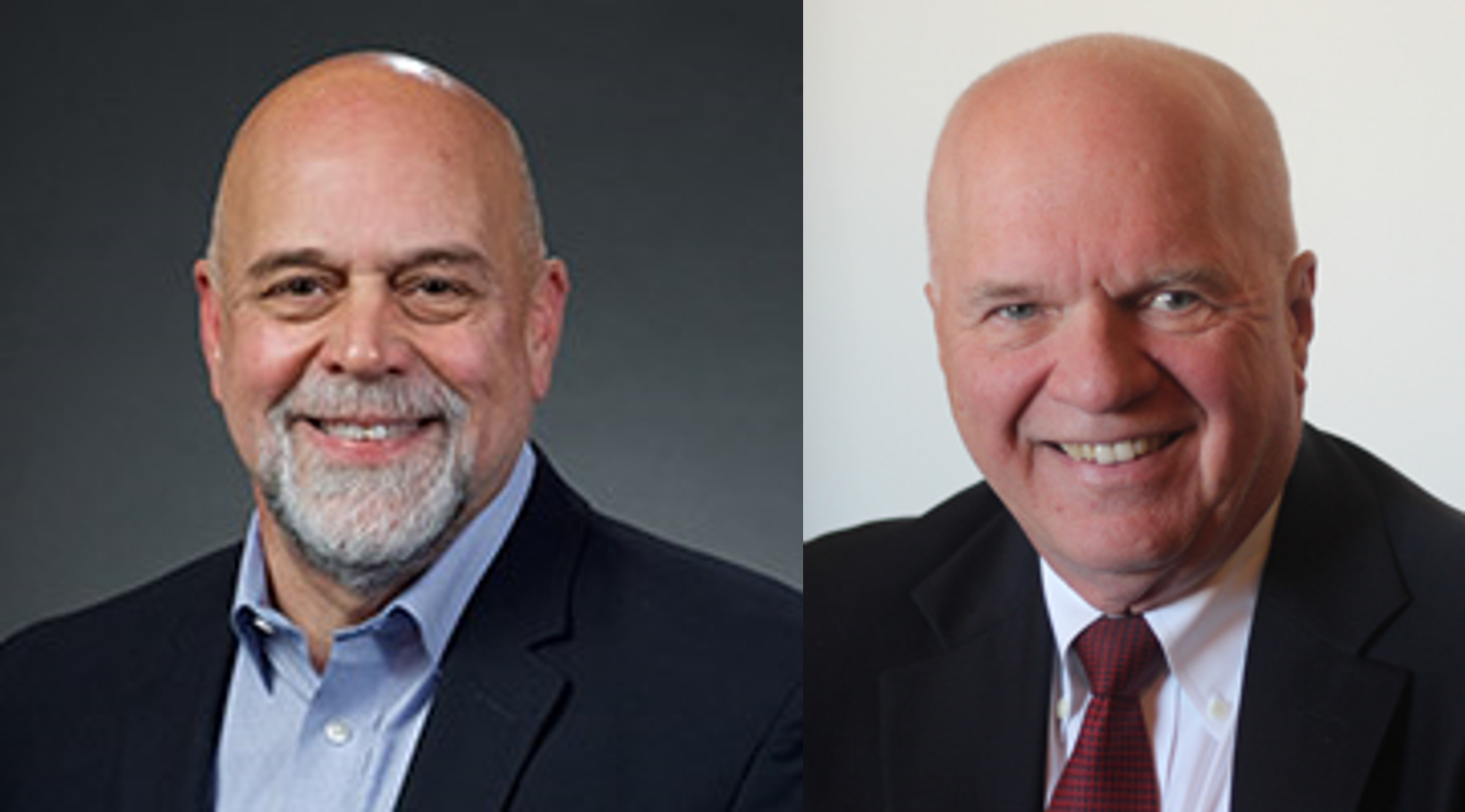
Contrary to what the cynics among you (and I count myself in that group) may think, today’s blog post headline is not an oxymoron. Sales done well is a craft and an art. And most cannot master it.
If you’ve been around the business for any length of time or have strings of call letters you’ve worked under, you know great salespeople are a rare breed. Most of us can count the truly skilled sales marketers we’ve encountered on one hand. And now that radio is no longer a simple transactional “here are the ratings/place your order now” exchange of money for ads, the skill level requirements have gone straight up.
I’m not talking about the rate quoters, the order takers, and the schleppers. They come and they go, often wasting the company’s time and money as well as their own.
Too many sellers are just that – eager to get the buy, even if it turns out to be a OTO transaction. The shortsightedness of this approach is obvious to a grade schooler. The key, of course, is to cultivate and grow satisfied advertisers so they keep coming back for more. The idea is that the brand is so valuable, one cannot live without its audience delivery ability.
The “greats” are problem solvers. They know how to deploy the brand in order to achieve that ultimate win-win: happy client, happy station.
But how many reps achieve this for their stations? Certainly, not enough. Thus, the incessant turnover that characterizes every company, from the very biggest and most powerful to the mom and pops. And the sales challenge has only become more daunting as the digital tool kit has grown. Now, sellers have to master the art of not only marketing “air” but also explaining how digital platforms can enhance a campaign.
The world has moved to both programmatic and DIY advertising buying. As we’ve learned from our research among agency buyers and local retailers, the convenience of creating your own ad buys on a laptop is a definite plus.
But there will always be conversations, questions, and consultations to be had. And that’s where knowledgeable sales reps can continue to play an important role in the process. And that’s why a recent story in Forbes jumped out at me:
“Why learning your product is the secret to more sales” is as basic as it gets.
Forbest Business Council member, Dimitri Akhrin, (pictured) makes the case that sales reps often err by “focusing on the pitch rather than doing one thing that really moves the needle: getting more technical with the product they sell.”
And of course, that means requiring sales reps to know the product they’re marketing.
We all know it to be true, and yet, my cumulative hours sitting in sales meetings, both as the PD and a consultant, confirm just how many reps simply don’t listen to the station – or these days – stations.
I will mercifully not discuss the effectiveness of cluster selling versus the key brands having their own sellers – or let’s call them “marketing reps.” That’s another topic for another day.
But as Akhrin points out, a non-customized deck or presentation, unanswered questions (“Let me circle back with my PD and get back to you on that”), knowing your products strengths and weaknesses, and sitting down and prepping a strategy in advance are the keys to sales breakthroughs.
Throughout this process, I continue to believe that when salespeople have little insight into the product – how it’s made, and how audiences are built, nurtured, and maintained – they cannot succeed unless its transactional.
That is, if/when the numbers are fine, they’ll be fine. But a ratings or economic downturn (do I have your attention yet?) signal the need for product knowledge and the ability to craft campaigns that actually work. Selling whether the ratings gods are smiling – or scowling – is that lost art.
To achieve success in good or bad times, salespeople (and managers) must display a core competency of the product – what makes it stand out, why it works, and the tools that can make marketing programs come alive and achieve effectiveness, and ultimately, sustainability.
It comes down to more than just knowing about station benchmarks, personalities, and music philosophies. It means having knowledge of the underlying “why” behind radio station brands – not how they listen on smart speakers or the station’s female composition – but how it makes them feel.
Understanding the “why” of your brand, your format, and/or your morning show is something that only programmers can initially bring to the table – or in this case, the sales conference room.
can initially bring to the table – or in this case, the sales conference room.
The PD has to be able to make the case that station brands aren’t just format names, personalities aren’t just card readers, and consumption isn’t just something consumers do while mowing the lawn or driving to work. Instead, they need to make the case that “people don’t buy what you do, they buy why you do it.”
Of course, this assumes there’s a station (or two) in your building that still provides these services. If “indeed, you don’t,” you are most definitely back to Square One.
When you get down to why consumers listen, and what it is about your brand that truly sets it apart, you’re heading down the smart, strategic path. And if that philosophy has a ring of familiarity, it’s because it reflects the brilliant mind of Simon Sinek whose “Start With Why” TED Talk is a “must see video.”
Despite that fact it’s now 13 years-old, Sinek totally nails the thought process that first programmers, and then sellers, must advance if both are to achieve success. In this oversaturated media environment, it’s more important than ever.
You can watch Simon’s now-famous talk here:
And that brings us to how we can achieve systemic success across clusters and companies when it comes to the sales/marketing process.
Yes, you can push training – the need to learn more about the product and why it resonates – but only among those who truly want to engage and be successful. I’ve seen enough new reps to know how rare those traits truly are.
 Bottom line? Too many salespeople (and sales managers) simply accept the basic terms laid out by media buyers – stations are only as good as their ratings and there are only so many “radio dollars” to go around. This beat-down process is designed to lower rates and make the relationship a total numbers game.
Bottom line? Too many salespeople (and sales managers) simply accept the basic terms laid out by media buyers – stations are only as good as their ratings and there are only so many “radio dollars” to go around. This beat-down process is designed to lower rates and make the relationship a total numbers game.
Only reps who truly represent their brand, what it stands for, and why it’s essential – regardless of the latest weekly/monthly, a new competitor, or the threat of moving the budget to Facebook – will have long-term success in this environment.
And that begs the question why more companies aren’t looking at the programming ranks for managerial talent. I look at a number of truly great PDs who simply hang it up when the nonstop pounding of endless rating books finally get to them. Or their “magic” simply wears off. Rather than thanking them and showing them the door, why aren’t more being groomed to take over the enterprise?
Now, the old objection is that they’re never sold anything in their lives. But we know that’s not true. Successful programmers have been selling their formats, philosophies, and strategies since they first took the job of overseeing the brand’s content output and position.

Anybody can learn how to read a P&L or a Miller Kaplan report. Knowing how to put that information to work, combined with that “Start with why” mindset is why content creators might make your best market managers.
I look at managers like Trip Reeb (Hubbard Phoenix and now Seattle) and Mac Edwards (Beasley Detroit) and I see how the theoretical becomes practical. They speak “programming shorthand.”
There’s a reason why these guys have excelled in the corner office. They’ve been in the trenches, they’ve managed high-profile personalities, they’ve been through the research process, and they know how content is made.
They’ll be happy to tell you “why.”
- What To Do If Your Radio Station Goes Through A Midlife Crisis - April 25, 2025
- A 2020 Lesson?It Could All Be Gone In A Flash - April 24, 2025
- How AI Can Give Radio Personalities More…PERSONALITY - April 23, 2025




Great reminder Fred. Sellers who embrace the “why” are also the type who will also prospect the “Blue Ocean”, that large group of business categories that have never used Radio because there was so much low hanging fruit. Now with traditional revenue streams contracting, inspired sellers who understand their product AND HOW it may be used effectively by businesses is more important than ever. Since commissions pay salespeople to do what they want to do, maybe it’s time to pay competitive salaries to pay them what we want them to do?
Fascinating, Mark. I’ve never equated radio sales with the “Blue Ocean” strategy. I’ve always thought of salespeople hanging out at the kiddie’s pool. Ba-dum-bump!
Seriously, this is a strong comment, and one that I hope generates some response. Especially your last line.
Right on Fred. As a longtime PD now selling in New York, us salespeople have to know not only our stations backwards and forwards, but how podcasting, OTT, and other non-broadcast digital platforms fit into the total solution. And how radio complements them all. I enjoy keeping up with our 7 stations and 4 sports teams platforms so I can pivot if need be. All to force radio back into the solution conversation–asking “why not?” — because with some agencies I am the only one evangelizing it when the client’s goals obviously NEED it. “We didnt think about radio”–dont get me started on that one. Keep up the good fight Fred!
That New York state of mind, as you note, is a big problem. And it forces sellers to be especially well-prepped and in the know, as you point out. As for your last point, this is is what gives me headaches. Thanks, Phil, and great to hear from you.
Another great, thought-provoking column Fred, and this is a rare case where I fundamentally disagree with you. Radio sales should focus less on their product and more on its customers.
First, the easy stuff. The quality of radio sellers has declined because the compensation has, along with the opportunities for advancement and growth. I don’t care whether its sales people, joks, business managers, PDs, GMs or clean up staff, the less/more you pay, the less/more you’ll get. IMO, (wild guess), lower comp has cost radio at least 2% of its revenue. If I’m half right, paying sellers more would be a fabulous investment.
We want to believe that their “babies” are special, but in radio, mostly they’re not. Most classic rock stations (especially outside the top 20) sound pretty much the same and have been designed by hub and spoke systems to be that way. That’s largely true whether they play classic rock, today’s hot new country, “anything”, Rap and Hip Hop or the hits of yesterday and today. It used to be different and at some stations it still is, but radio has progressively migrated toward uniformity since the advent of consolidation.
The most important thing a radio (or any) seller can know is how their prospect/customer makes money. While that sounds crazy basic/simple, most probably don’t, and you can’t leverage radio to help a prospect if you don’t understand what makes their business thrive. Every media rep’s product is eyes and/or ears and there are widely accepted pricing metrics for those eyes and ears. And every business has problems and challenges – uncovering, then offering tangible, targeted solutions to them that leverage those eyes/ears is the only way around those metrics. Radio schedules pretty much have to meet cost per points – but there are no cost per solved problem metrics.
Yes, knowledge of your product is important and necessary, but nowhere near sufficient. The real key to sales success is knowing your customer’s product and understanding what keeps them up at night. Radio doesn’t need to tell its story better; it needs to tell its customer’s story better. Its not about your product, it’s about theirs.
Bob, as always, thanks for the comment and the well-deserved knuckle-rap.
Let’s start at the top – we’re in complete agreement. Most of the time, you get what you pay for.
And you’re right that many stations out there in the wild aren’t all that special…or interesting. I, in fact, spend more time in top 20 markets where the quality is often pretty good.
But your final point is well=taken. Yes, they need to know their product but as you correctly point out, knowing the client’s product and challenges are just as, if not more important. How radio station can best deploy their audience and their tool kit to help clients achieve their goals, in fact, the deal.
Thanks for keeping me honest.